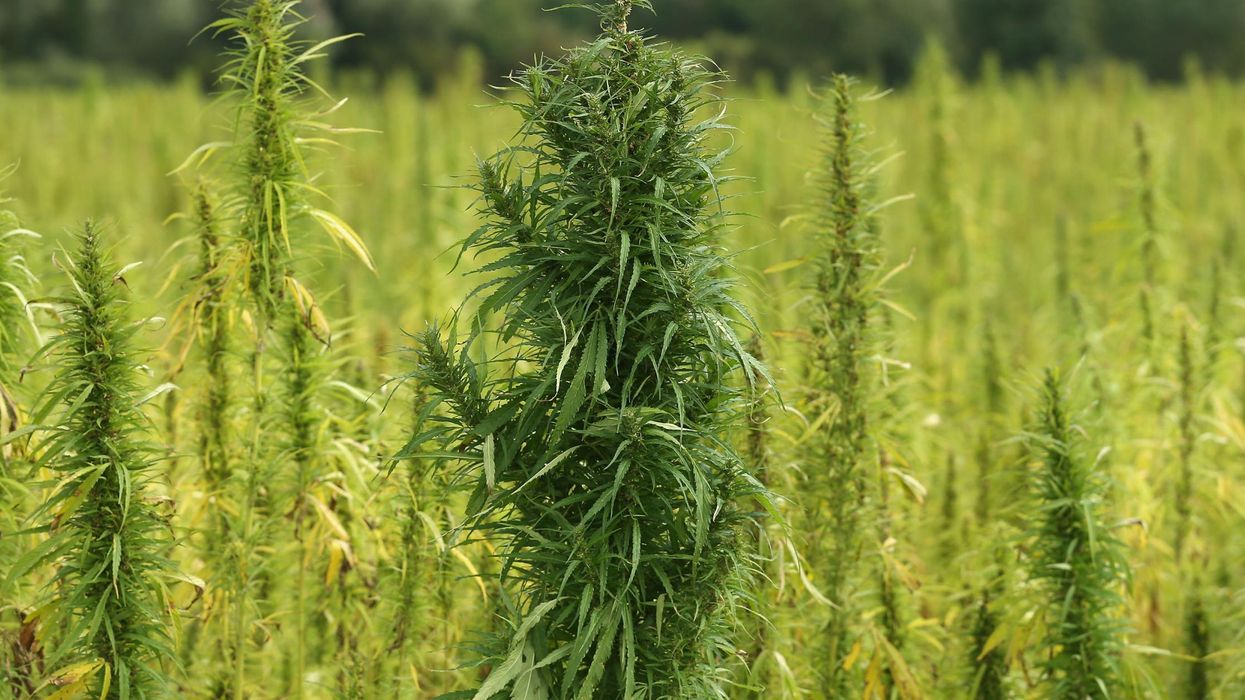News
Tom Rasmussen
Mar 27, 2018

Sean Gallup / Staff
CBD – or Cannabidiol – is the ingredient in cannabis which doesn’t cause a high. It’s the same ingredient used to treat diseases such as Crohn’s Disease, as well as some cancers.
While anti-drug legalisation campaigners like to claim that cannabis is the gateway drug to more addictive members of the drug family, a new study undertaken by Friedbert Weiss at the Scripps Research Institute in La Jolla, California, has found that the opposite might be true.
By experimenting on rats with addict-like behaviour, they found:
When a gel of isolated CBD was applied to the skin of rats who previously showed behaviours of self-administering cocaine or alcohol, which the research body have likened to the behaviour of addicts prone to the same, it was found that there was a decreased level of relapse.
The treatment with Cannabidiol gel saw a high and long lasting success rate, reducing relapse caused by stress.
The effects were still visible five months later.
Lead researcher Philip McGuire explained:
The results provide proof of principle supporting the potential of CBD in relapse prevention along two dimensions: beneficial actions across several vulnerability states, and long-lasting effects with only brief treatment.
Drug addicts enter relapse vulnerability states for multiple reasons.
Therefore, effects such as these observed with CBD that concurrently ameliorate several of these are likely to be more effective in preventing relapse than treatments targeting only a single state.
More: The legality of weed in countries around the world, mapped
Top 100
The Conversation (0)













